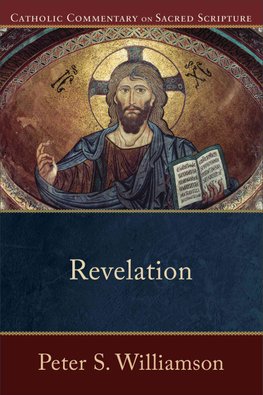Just
as everyone in the whole world, we have been forced to accommodate to the
coronavirus that has permeated the entire world. One of these days we’ll get the true story of
what happened in China to start this monstrosity, but the world has now had to
live with a lot of trouble and sorrow. Frankly,
and I hope this isn’t too political, President Trump has done a superb job in
containing the situation, coordinating the resources of the country to combat
it, and rallying the country to fight it.
I’ll also put in a good word for New York State Governor Andrew Cuomo,
who I really don’t care for. But he’s
done a good job too.
Now
two or three weeks into the infiltration of the United States, New York City
has become the epicenter for the country.
We’re currently somewhere around 40,000 people testing positive and
about a 1000 deaths here to date, and the full brunt of this is still a couple
of weeks away. Everything is shut
down. Grocery stores are about the only
thing open. Matthew has been “teleschooling”
for the past three weeks, and I have been teleworking for the past two. For me it hasn’t been too difficult. I have email and we have teleconferences
where we’re all hooked up by our cell phones.
Some things require a physical get-together but we just put those things
off until there is a day we can finally meet in person. As I’ve been saying, schedules are the same
for everybody and are of a secondary concern.
The whole world has slipped schedule.
I’ve
been doing most of the shopping both for us and my mother. Except for a doctor’s appointment, my mother has
been banished to the home. She is not
allowed out. I wore a mask and nursing
gloves to go shopping the other day for the first time in my life. I used to make fun of people who did that
until now. NYC is the epicenter as you
may have heard. But what you may not
have heard, Staten Island, which is the part of NYC that I live in, has the
second highest infect rate in the country.
Strangely enough New Orleans has the highest.
Matthew
seems to have thrived under these conditions.
He gets assignments from his teacher the evening before. He reads and hands in responses to the assignments
the next morning. He tells me to wake
him before 8 AM. We go to “work”
together, me in my study, he at the dining room table. He sits in front of his Chrome Book with his
school books on the side and does his assignments. He scoring the best grades of the year on his
tests. On one of his math tests he got
36/36 correct. He’s gotten really good
grades on his other tests too. The
lesson I take away from this is that he does better without the
socializing. He’s such a gregarious kid
that his fraternizing makes him lose focus.
Here’s a picture of him at the dining room table.
Thank
God we got him that Chrome Book for Christmas.
He wanted one and it was truly an inspiration.
All
in all it feels like we're in a horror movie.
I keep waiting for the walking dead to ring the doorbell.
Keep
safe. Our hospitals are packed. Right now the heroes are the doctors and
nurses fighting to save the lives of those in emergency rooms and ICU. From
what I’m reading it’s really hell here in the NY hospitals right now. That’s
not to say that it’s not bad elsewhere. It's
bad out there and we're heading into the peak of the situation.
Lord
save us from this plague. Now we can all
say we lived through a Biblical plague.
;)








